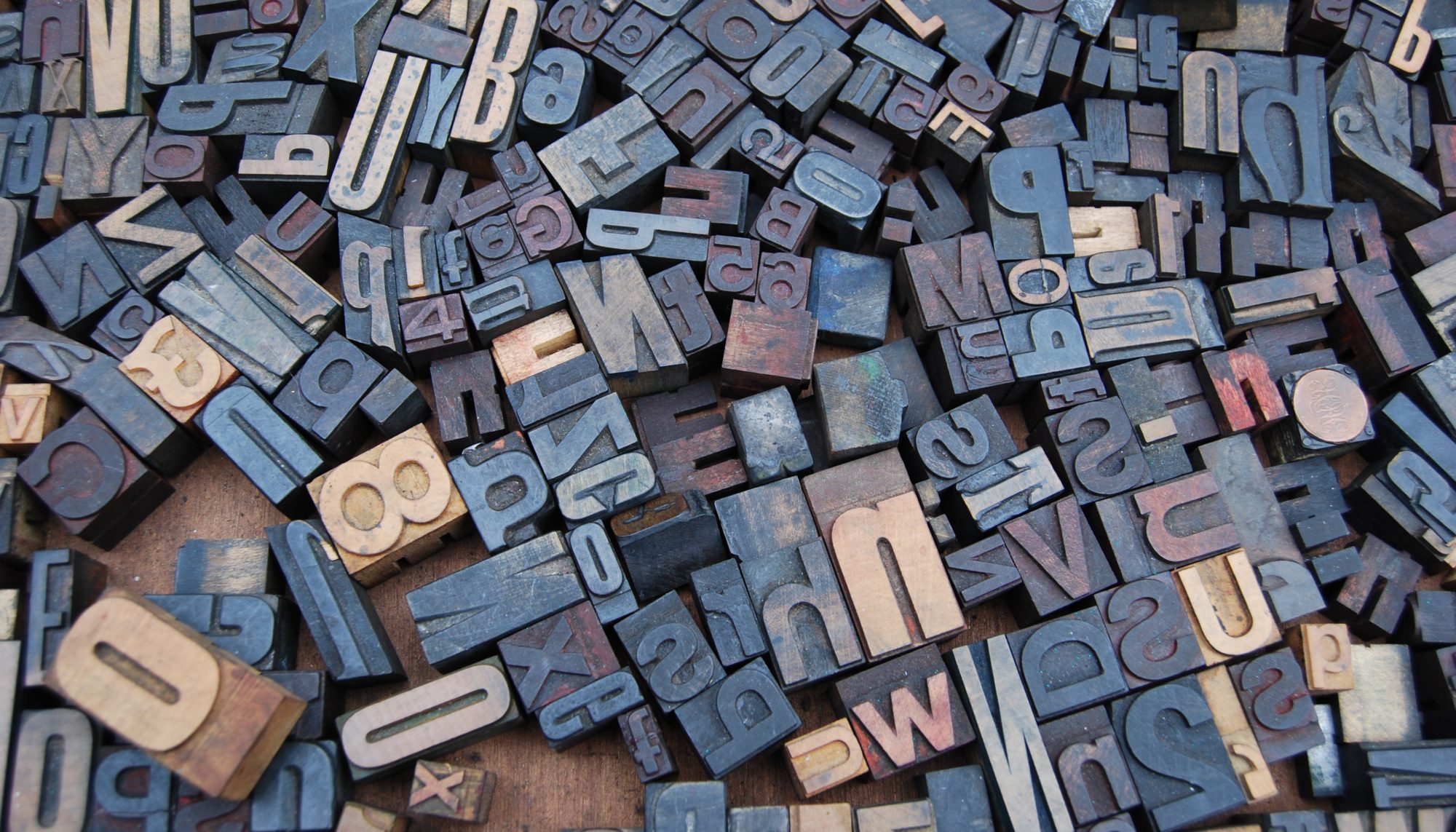This week, FIFA announced it would triple the prize money it awards to teams competing in the women’s World Cup, from $50 million to $150 million.
“This year for FIFA is the year of women. It’s a women’s (year),” President Gianni Infantino said at the organization’s annual meeting in Rwanda. “As a father of four daughters, four beautiful daughters I should add, I know very well how much attention we need to give to women in our lives. FIFA is no different in that.”
Woohoo! Thanks, daddy.
For all the self-congratulatory trumpeting and wide-eyed media headlines, the increase is incremental progress and it’s driven by FIFA’s cynical attempt to deflect public criticism by reframing its own paternalism.
The decision — a few months ahead of the tournament in Australia and New Zealand — stems not from FIFA trying to do the right thing, but from public pressure exerted as the top women’s soccer teams in the world have demanded equal treatment from FIFA and their own federations. It also comes in the wake of a public backlash over FIFA taking a hefty fee from the misogynist government of Saudi Arabia to sponsor the women’s tournament.
It’s hard to believe, then, that the sudden boost in the women’s prize money is the result of a sincere effort by FIFA to do the right thing when it comes to gender equality.
The fact remains that the prize pool for women’s teams, even at its increased level, is a fraction of the prize pool for men’s teams.
The men’s prize pool in Qatar totaled $440 million. The cup winner, Argentina, took home $42 million. The sixteen teams that didn’t make it out of the group stage each received $9 million. In other words, the worst men’s team got a bigger prize than the best women’s team.
Infantino pledged to equalize the prize pools for men’s and women’s teams in the next World Cup tournaments, in 2026 and 2027. “Today, (we are) embarking on a historic journey for women’s football and for equality,” he told the meeting. “This will lead us on a path to equal pay.”
It was unclear why it will take four years to travel that path.
Infantino complained about TV networks, specifically those that are publicly financed, being unwilling to pay more for broadcast rights. (He also complained about their critical coverage of FIFA.) That’s unlikely to change in four years. It certainly won’t increase enough to cover the cost to “equalize the prize pools.”
And it’s not like the men’s prize pool hasn’t ballooned in the last generation.
Over the last 20 years, the top men’s prize has grown fivefold, from $8 million in 2002. Even accounting for inflation, the increase has been exponential.
The men’s teams have been awarded prize money for years. FIFA didn’t pay prize money to women’s teams until 2007 when cup winner Germany received $1 million out of a $5.6 million pool. In 2019, the women’s prize pool totaled $30 million. The men’s winner in 2018, France, was awarded $38 million.
How paltry was the women’s prize pool?
The $50 million was about equal to the $48 million budgeted by FIFA to cover training and travel expenses for the men’s team, apart from the prize money.
